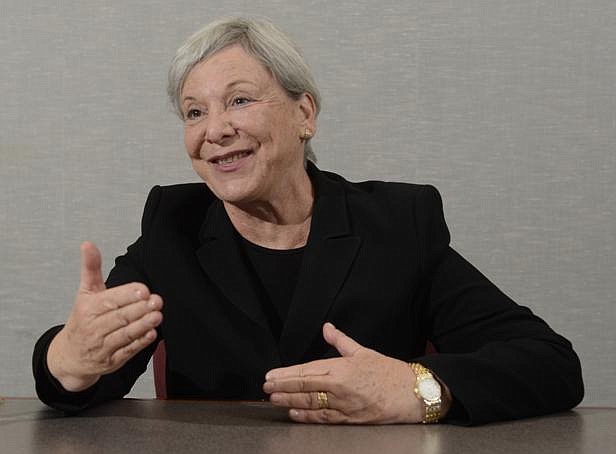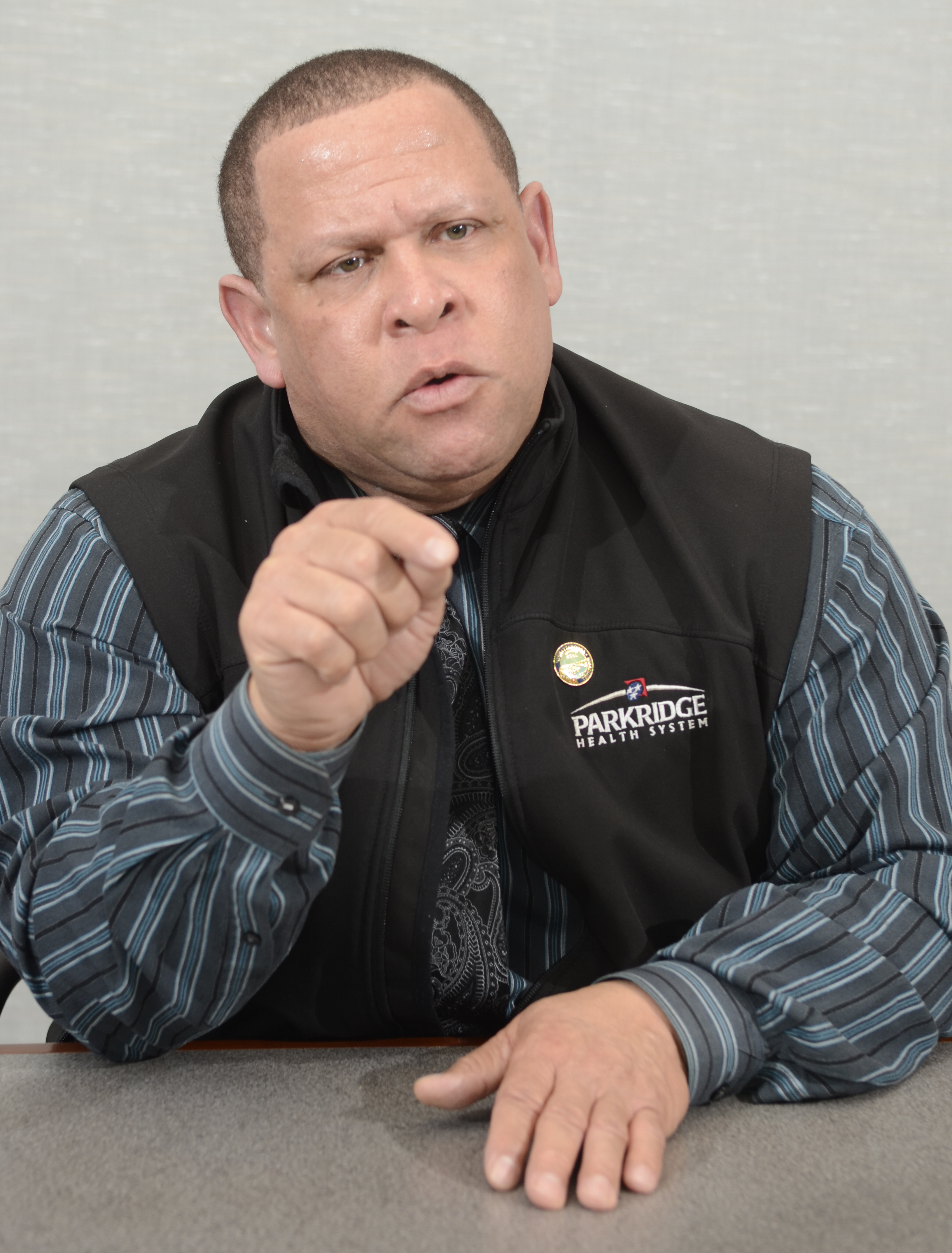The concentration of these businesses is detrimental. We would ask that you seriously, seriously consider passing this."
Chattanooga is taking a preemptive strike to stem a tide of payday lenders and similar businesses moving into the city. But lenders themselves are scratching their heads. They say there is no tide coming.
The Chattanooga-Hamilton County Regional Planning Commission unanimously approved a proposed zoning amendment Monday that would prevent alternative financing businesses -- such as check-cashers, payday lenders and pawn brokers -- from condensing in an area. The City Council will have final approval on Feb. 10.
And City Council members Carol Berz and Russell Gilbert, who wrote the proposed ordinance with the city attorney's office, say it would bar such businesses from opening within 500 feet of residential areas or within a quarter-mile of other similar lenders.
Citing studies by George Washington University and California State University, Assistant City Attorney Keith Reisman told planning commissioners that high concentrations of payday loan, title pawn or other alternative financing businesses are directly related to increased crime, lower property values and a reduction in safety.
However, Reisman said the businesses did provide a needed service.
"The services need to be provided. But we just don't want to have the concentrations that increase crime and reduce the property values," Reisman said.
Berz agreed.
"The concentration of these businesses is detrimental. We would ask that you seriously, seriously consider passing this," Berz said told the planning commission.
But Mayor Andy Berke said he would also like to curb what he called "predatory" lending practices.
Alternative lending institutions exist for those in the population who can't get loans from traditional banks. And interest rates for such unsecured loans can be sky high, he said.
"We know that predatory lending leads to a decrease in capital investment, hurts neighborhoods and has even been linked to increases in crime. It just seems like a good step that we can legally take at the local level to prevent the concentrations from increasing," Berke said.
But Jabo Covert, senior vice president of government affairs for Check Into Cash, the largest alternative finance company in the state -- and one of the largest in the nation -- says he's left wondering what businesses the city is going after.
"I think most people are pretty confused," Covert said.
He says the only reason payday loan businesses would be in high-crime areas, is they are opened in highly trafficked areas.
"We locate on busy corridors, like Shallowford Road. Busy streets have the most car accidents, the most banks and laundry mats. They are the busiest streets," Covert said. "Krispy Kreme and Starbucks are located there, too, and I'm not aware that they've experienced a spike in crime. I think that's just a convenient excuse to justify that the mayor doesn't like the product."
The ordinance has no impact on Check Into Cash's four Chattanooga stores. But Covert said he still took issue with the perception the ordinance created.
He says check cashing, payday loans and title pawns aren't predatory, and they are necessary for many working-class people. And his business is "highly regulated at the state and federal level," he said.
Those who get payday loans have to have bank accounts and qualify before the loans are given, he said. And if they aren't paid, the business loses out.
"The payday product, there's no recourse. If you don't pay us back, we can't sue you, report it to the credit agency, take your property, anything. The only loser in a bad loan is us. If they don't pay us back, [the laws] don't allow us to do much more than not loan to them again," Covert said.
But Latricia Sohobert, director of Consumer Credit Counseling Services, a part of the nonprofit Partnership for Families, Children and Adults, says the rules aren't quite so straightforward.
For instance, the state says businesses can't lend to people who already have four such loans out with other lenders, but the law doesn't require any reporting, she said.
"It's not reported to the credit bureau. We have clients who come to us with seven to 10 such loans," Sohobert said.
And once the loans are taken out, it's very difficult to make enough money to get out of the revolving cycle of compounding interest, she said.
According to the Tennessee Department of Financial Institutions, there are 44 title pawn licenses and 46 payday loan licenses active in the city. The second highest concentration of such businesses in the county is in East Ridge, where there are six title pawns and 10 payday loan spots.
Department spokesman Ryan Hughes said the state regulates the licenses and can investigate and take action against lenders who are not following the laws.
Contact staff writer Louie Brogdon at lbrogdon@timesfreepress.com, @glbrogdoniv on Twitter or at 423-757-6481.

